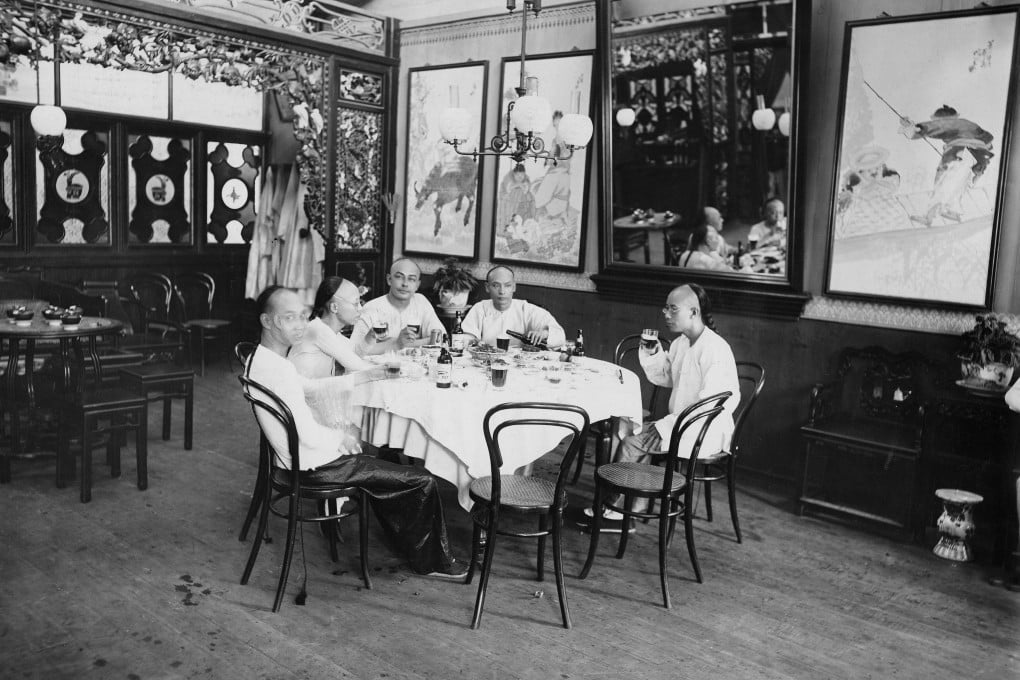Then & Now | When belching fell out of favour in Hong Kong: a young man makes a faux pas at the banquet table in the 1960s
- Belching at the end of a meal was considered good table manners in Hong Kong until at least the early 1960s
- An English stockbroker who burped loudly after his first Chinese banquet later in the decade was told in no uncertain terms that things had changed

Traditionalists, inevitably, insist that traditions should be maintained. Once customs become part of accepted practice, they must go on indefinitely. But like everything else since humankind emerged from the caves, traditions remain subject to modification and – when generally considered desirable – eventual extinction.
At their most basic, eating customs, and what are considered good table manners, or otherwise, vary sharply across cultures. Once-universal habits sometimes disappear quite quickly, to be replaced with disapproval.
Two obvious examples are spitting and belching. Both were so commonplace in China – and by extension, Hong Kong – that most period memoirs and travel accounts made reference to the practices.
And why were these habits mentioned? Not, for the most part, to sneer at and disdain the alien practices of other races, as some contemporary cultural theorists with their own snide axes to grind wearily maintain, but to illustrate and explain cultural difference to those unlikely to ever gain first-hand experience of these places themselves.

In A Tear for the Dragon (1958), British business executive and Stanley prisoner-of-war camp internee John Stericker, who lived in various parts of China from 1912, noted, in a clear attempt to explain rather than condemn practices different to his own, that: “The Chinese are an extremely courteous and well-mannered people. Some of the things that we do are strange and uncouth to their eyes, just as some of their customs appear strange to our eyes.
“A good hearty belch at the end of a meal is a sign of appreciation and a compliment to the host. It is equally inoffensive to spit, and the louder the clearance of the throat beforehand, or overture to expectoration, the better.”
